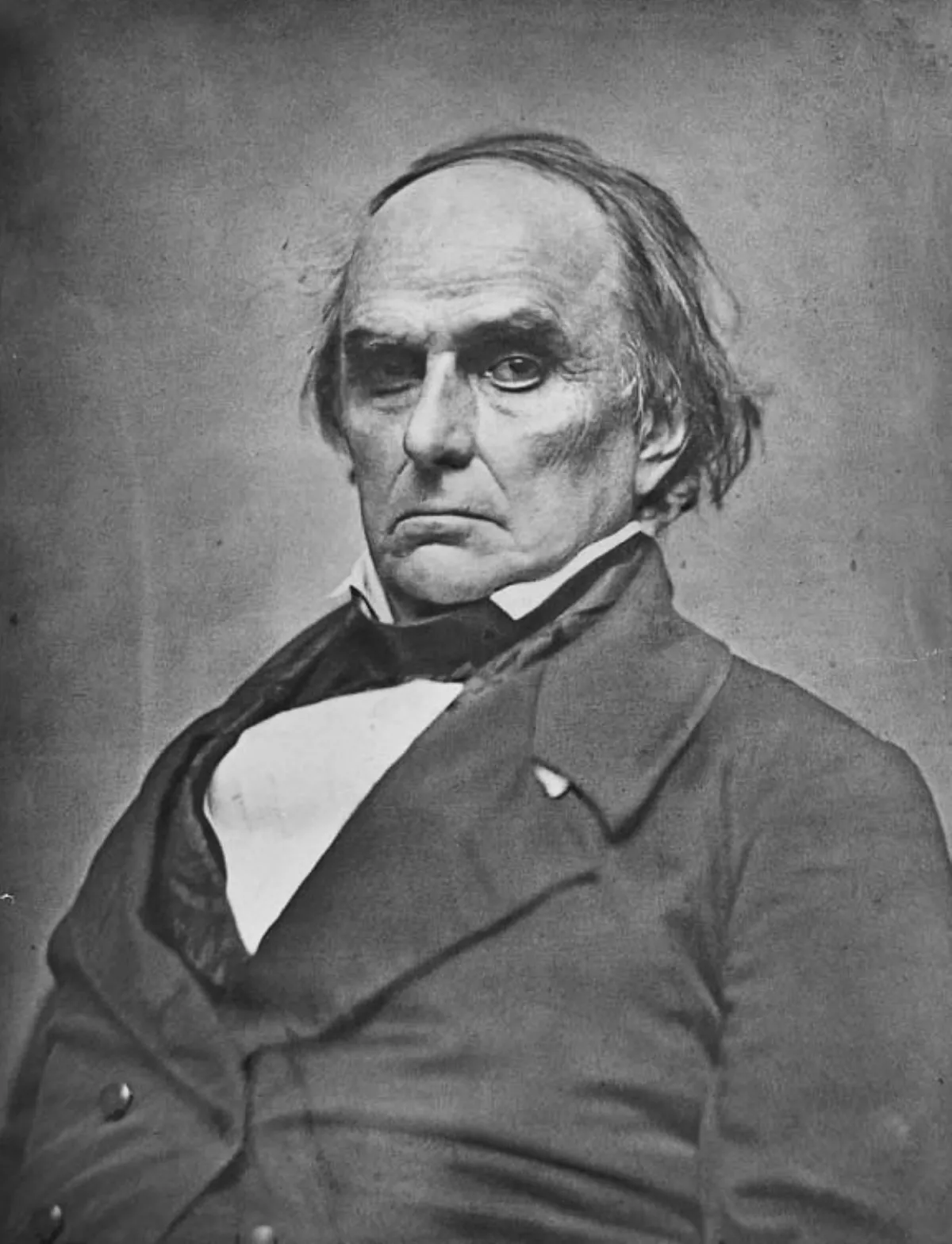 1.
1. Daniel Webster was an American lawyer and statesman who represented New Hampshire and Massachusetts in the US Congress and served as the 14th and 19th US secretary of state under presidents William Henry Harrison, John Tyler, and Millard Fillmore.